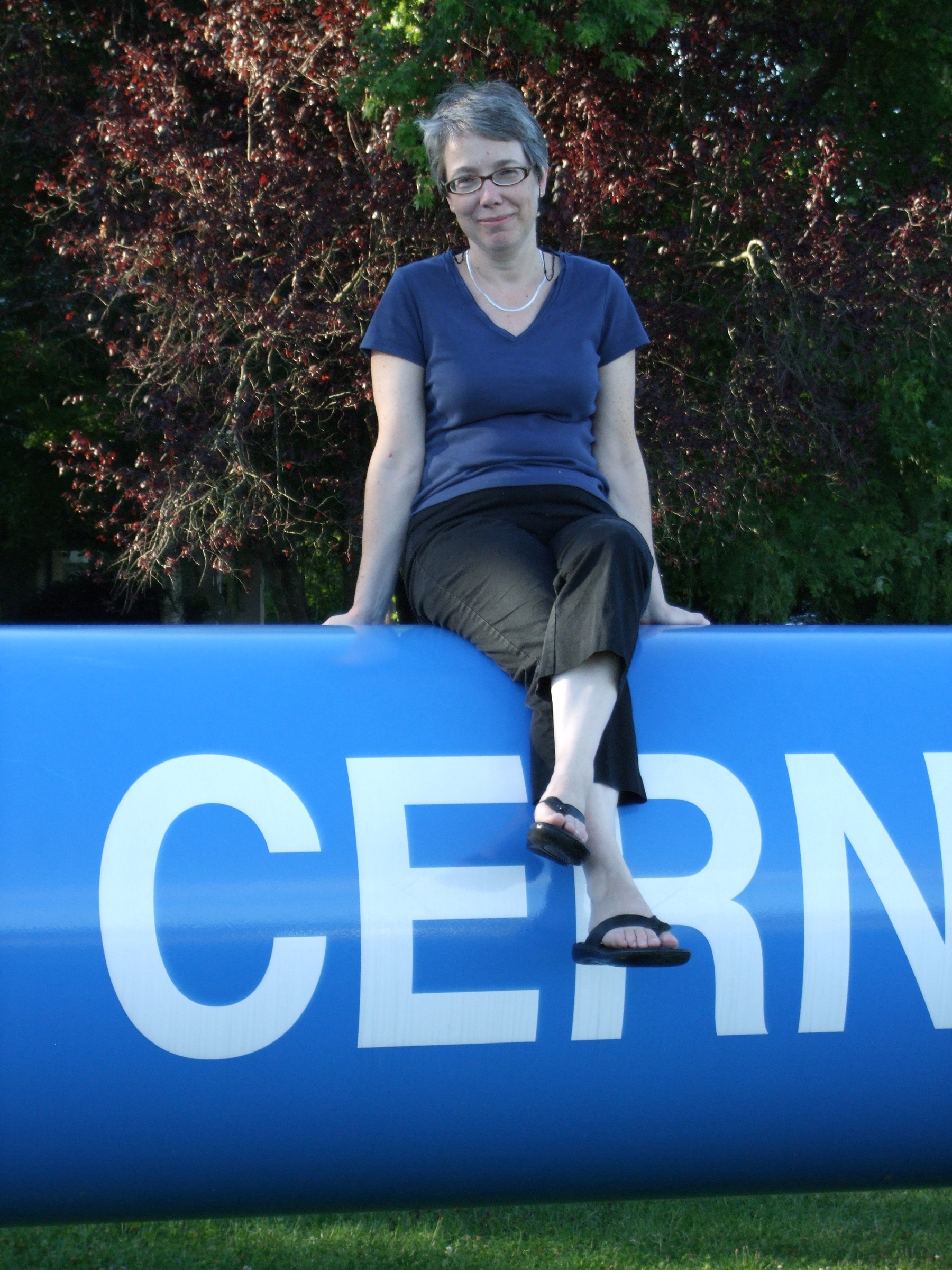Sarah Eno has been elected to the leadership track of the American Physical Society Division of Particles and Fields (APS DPF). She will serve as vice-chair from 2024-26, followed by two years as division chair.Eno has worked on several collider experiments. In 1993, she joined UMD as an Assistant Professor, and began research at the DØ experiment at Fermilab. The discovery of the top quark—announced by the CDF and DØ teams in 1995—was a milestone in particle physics. Eno’s precise measurement of the decay width and mass of the electroweak W boson helped predict the mass of the top quark.
 Sarah Eno
Sarah Eno
Since 1999, Eno has worked on the Compact Muon Solenoid (CMS) experiment of the Large Hadron Collider at CERN. In 2012, CERN announced experimental verification of the Higgs boson, and the 2013 Nobel Prize in Physics was awarded to François Englert and Peter W. Higgs, whose 1960s calculations determined that mass could not exist without the presence of such a particle. Since 2020 she has participated in the development of experiments for a potential new electron-positron collider at CERN (FCC-ee). She is also exploring improvement and simulations of calorimeters to better study the momentums of jets and of missing transverse energy, and studies of radiation damage in plastic scintillators.
Eno is a University of Maryland Distinguished ScholarTeacher and a Fellow of the American Association for the Advancement of Science and the American Physical Society (APS).